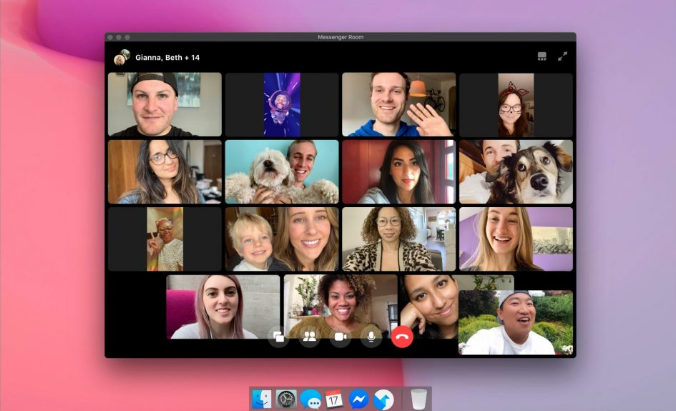Think about how technology was 5, 10, or even 20 years ago. You will discover the giant improvement the world has recorded when it comes to tech advancement. No, seriously, a lot has changed. We also find new tech innovations now and then. Techies around the world are working day and night, trying to introduce new tech products and services into the market.
Now let’s forget the hype and hit the nail on the head. Was tech ever ready for the COVID-19 pandemic? Schools, economies, businesses, and events were all shut down. With all these that have happened, how did tech have an impact? Let’s look at the impact technology has had in the last couple of months as the COVID-19 pandemic lingers.
1. Communication
The sharing of information is not the only thing communication gadgets are used for. They also help make interaction possible and easier. However, the novel virus forced the hands of governments to impose nationwide lockdowns. The act was to stop the virus from spreading. Social distancing, should one need to move out, was also enforced. But all these didn’t stop people from communicating.
So, in the area of communication, technology was ready. In places with stable internet connections, people could interact with their families, friends, and relations. You could even engage in live video chats to see the faces of your loved ones. Apps and social media platforms like Facebook, Twitter, Watsapp, and others didn’t let the world down. Just recently, Watsapp introduced a feature where eight persons can engage in live chats.
However, businesses weren’t left out. Most employees were made to work from home and interact with their respective department heads when the need arises. Board members pf companies held conferences via live chat with apps like Zoom, Skype, and others. So, in the aspect of communication, we can boldly say tech was ready.
2. Education
One area that the novel virus had a significant impact on is the education system. All schools, from primary to tertiary institutions, were shut down. Nevertheless, most countries devised means to keep academic activities running, though not as usual. This time, “E-learning” was adopted.
E-learning is a system of learning done over the internet, which is an essential system at such a critical time. However, before now, most countries are yet to develop or taken advantage of the benefits E-learning brings fully. But the COVID-19 virus has forced many to explore the E-learning space.
3. Entertainment
Now let’s be honest. Are you feeling bored with staying at home? It’s hard because there are enough entertainment platforms to keep you engaged for a long time. The only reason you might feel bored is not having the opportunity to visit your regular relaxation spots. But when it comes to finding entertaining media content, you can access a lot without leaving your home.
Platforms like YouTube, Netflix, DSTV, GOTV, Startimes, and other movie-streaming channels have media contents you can watch to your heart’s content. What about gaming? There are tons of engaging games out there. All there is to do is select your preferred game and enjoy it. You can access a wide variety of these games on mobile devices and PCs too.
Final word
Tech was ready for the COVID-19. Otherwise, curtailing the spread would have been much difficult. It would have been more tasking to ask people to stay at home when there is nothing to keep them engaged. Information dissemination is another area. Information got to people on the preventive measures to follow to avoid the spread of the disease. It was also easier for COVID-19 patients to reach out to the relevant authorities for proper medical attention. We can’t also forget about AI and cloud computing. These two tech advancements helped to digitalize and automate our lives.





